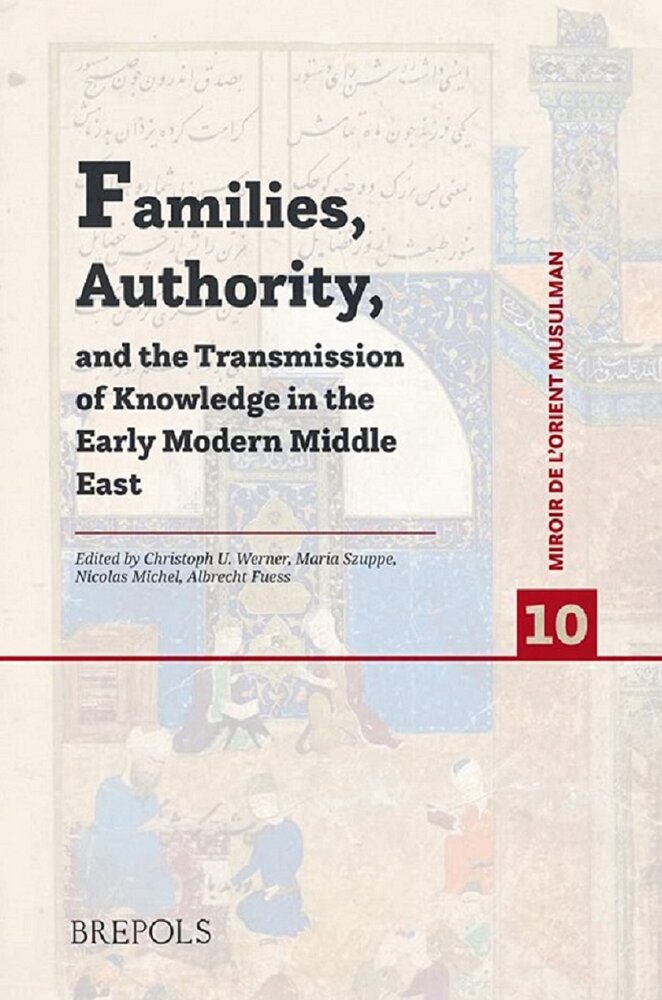Hawzah News Agency –The book "Families, Authority and Knowledge Transfer in the Middle East" written by historians and professors of Iranian studies at German and French universities has been published in Germany.
According to the Public Relations Department of Islamic Culture and Relations Organization (ICRO), the 334-page research book is written in English, French and German and is being distributed by the Berpolls Publishing House.
The book is a collection of articles on family themes in the early modern Middle East, which look to the subject from an interdisciplinary and comparative perspective.
The authors of this book have collected numerous comprehensive and researched materials about the history and nature of families in Central Asia, Iran, Ottoman Turkey and the Arab world from the 15th to the 17th century.
This work also discusses the importance of the key concept of "family" in the broadest possible sense, including lineage, kinship, household or dynasty, and its relationship to the concept of knowledge transfer, authority, position and power.
The articles are based on its primary sources in Arabic, Persian and Turkish languages, and according to the culture and art of each geographical region and it deals in detail with the processes and dynamics of power transfer within the families.
Authors and editors of this unique work are well-known historians and university professors in the Middle East from Germany and France, Christophe Werner, Professor of Iranian Studies at the University of Bamberg, Maria Zoupe, research Director of the Iranian World Research Center; Languages and the center of cultures and societies from antiquity to the present day in Paris and Albrecht Fuse a professor of Islamic studies at the University of Marburg.
The table of contents of this book is are as follows:
Religious dynasties and science and knowledge networks
Family and knowledge transfer in Damascus in the Ottoman era
The Narrative of the Crisis of a Dynasty: A case study about Egypt in the Ottoman Era
Controversies as Steps in Knowledge Networks in Safavid Iran
Kinship, status and legitimacy
Warriors, kings and caliphs: Questions about the origins and culture of Kurdistan in the sixteenth and seventeenth centuries
Families of government employees in the Ottoman era (15th to 16th centuries)
Marriages and political strategies
Royal Relations; Transfer of power and expansion of networks through marital relations in pre-modern Egypt
Politics and reading in Ottoman times
Lineage and its transmission
Family Heritage: Tracing Three Generations of Wood Workers in Mazandaran Province (Iran, 1460-1,500)
Property Management: Family within the family
Razavi Seyeds in Mashhad: Family in Family
Establishment and growth of a "saint" family in Herat - Afghanistan (from the 15th to the 18th century
Establishment of family property in early Iran: Socio-economic activities of Najaf qoli Khan Tabrizi in the 18th century


Your Comment